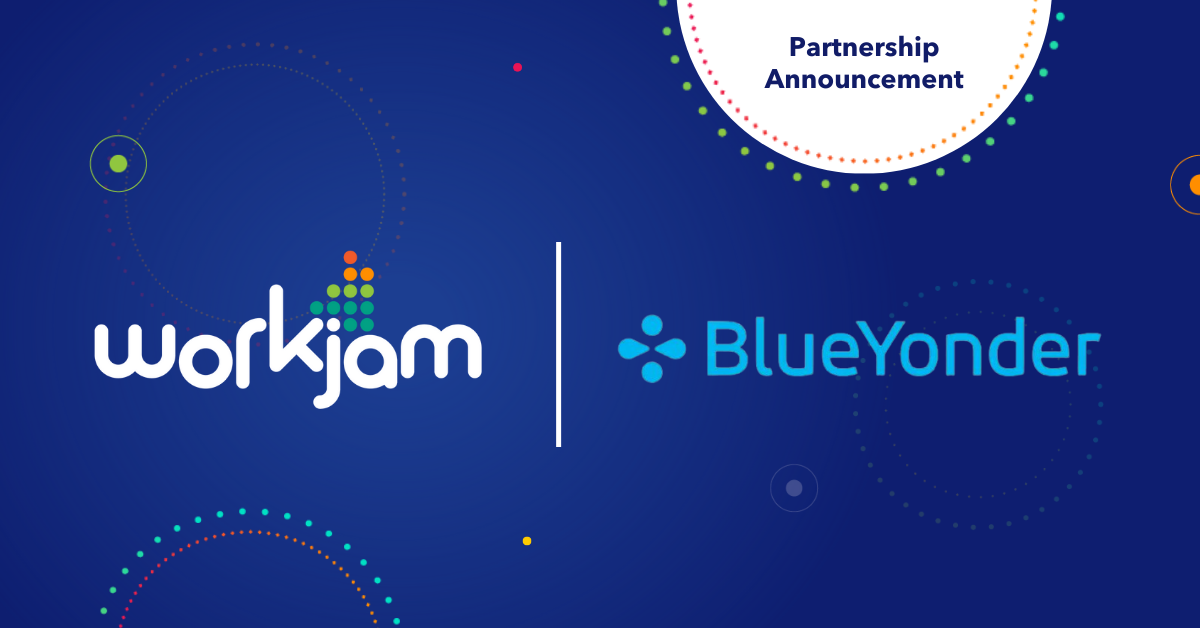Some of the nation’s largest retail unions are pushing for reform in employee scheduling policies. In addition to reports of erratic scheduling practices, workers’ advocates have red-flagged the potential impact of automated technologies on base schedules and seniority-based scheduling procedures.
Inconsistent work schedules, on-call scheduling, and other practices pose serious concerns because they detract from employees’ earning potential and quality of life. But new digital workplace solutions offer tools that enable employers to more closely align scheduling practices with union contracts.
Scheduling challenges in retail
The retail industry has notoriously high employee turnover rates. In fact, the turnover rate for part-time hourly store employees stood at a whopping 81% in 2018. Although many factors contribute to employee churn, ineffective scheduling processes undoubtedly play a role.
Historically, the RWDSU (Retail, Wholesale and Department Store Union) and other retail unions have worked to protect employees’ rights and advance workers’ interests in scheduling processes. In addition to advocating for predictable base schedules, retail unions have helped combat turnover by giving employees a stronger voice in scheduling processes and acknowledging seniority in shift selection.
Automated scheduling solutions allow retailers to improve efficiency and more accurately predict labor costs. However, retail unions have expressed concerns about the inappropriate use of technology in scheduling routines.
For example, in isolated instances, employers have used scheduling tools to ramp up on-call scheduling, a practice that reduces employees’ hours and limits their ability to enjoy predictable work schedules. Concerns also exist around technology’s ability to recognize seniority in scheduling routines. Without adequate controls, recent hires may have the ability to jump ahead of more senior employees in shift selection.
Technology solutions are sometimes viewed as exacerbating scheduling-related issues. But the proper use of digital workplace solutions doesn’t hinder compliance with union regulations – it enables it by creating new opportunities for employee empowerment and transparency in the scheduling process.
3 WAYS DIGITAL WORKPLACES OPTIMIZE SCHEDULING PROCESSES FOR RETAIL EMPLOYEES
Digital workplaces have the potential to help retailers comply with union regulations through the democratization of scheduling practices. By giving workers greater control and visibility into scheduling processes, flexible scheduling tools reduce turnover and enable employees to achieve greater satisfaction in both their work and personal lives.
1. Digital workplaces promote more stable and predictable scheduling practices.
The on-call scheduling problem is actually a policy issue. If a retail employer decides to withhold available shifts until the last minute and force workers to call in to determine whether or not they will work that day, digital workplaces have no impact on scheduling practices—the policy exists independent of the technology.
However, digital workplaces are vital in eliminating manager coercion from the process. Employees gain autonomy from managers who may pressure them to take time off or pick up shifts. Instead of receiving a phone call, workers can accept or refuse shifts without directly interacting with managers. Even better, employers can customize advanced digital workplaces to accommodate predictable scheduling regulations, prohibiting occurrences of on-call scheduling altogether.
2. Flexible scheduling tools streamline and protect seniority scheduling.
In many organizations, union contracts require company leaders to consider seniority in the company’s scheduling process. In the old days, that meant walking a paper-based schedule around the shop floor and scheduling workers in order of seniority–a flawed and time-intensive process, to say the least.
With priority order capabilities, digital workplaces can allow employees with seniority to choose available shifts before more recent hires. The adaptability of digital workplace technology not only enforces seniority scheduling policies but also transforms a previously cumbersome process.
3. Scheduling automation improves transparency and creates a digital record.
Digital workplaces harmonize the relationship between retail employers and unions by generating an archive of scheduling activities. When employees accept, refuse or swap shifts, the technology creates a digital “paper trail,” recording both employee and employer actions for future review.
By maintaining a digital repository of scheduling activities, retail employers improve their ability to evaluate scheduling practices for compliance with union regulations. Just as importantly, the repository increases transparency, enabling both employers and employees to verify their actions should questions arise down the road.
Ultimately, digital workplaces remove subjectivity from retail scheduling processes. By empowering employees with greater control over their own schedules and providing a more transparent scheduling process, digital workplaces help retailers comply with union contracts and create a more satisfying work experience for employees.


